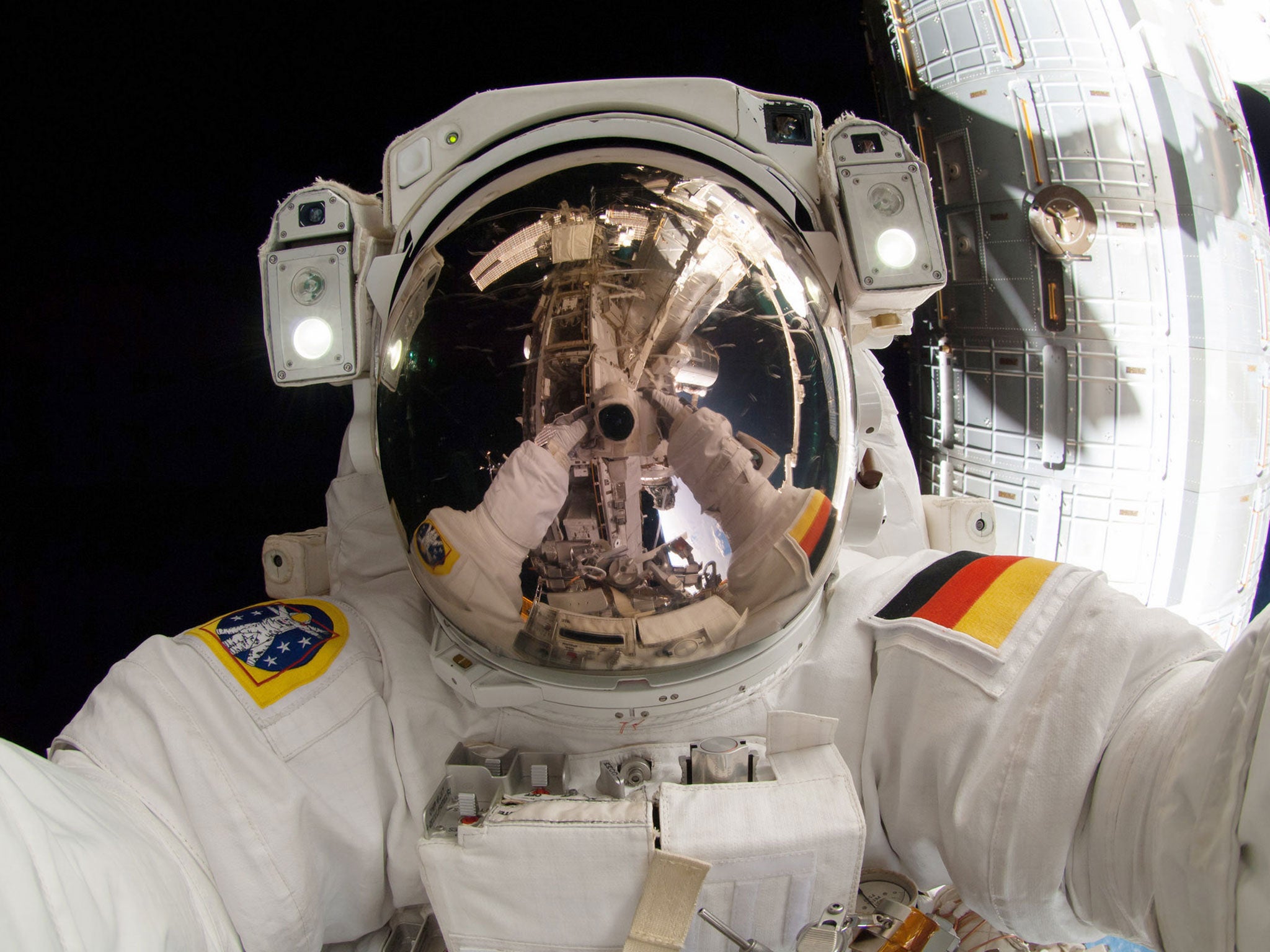Nasa receives record astronaut applications, leaving more people than ever disappointed after applying to go to space
The unprecedented number of hopeful space cadets could lead Nasa to change its process

Hopeful space cadets are less likely than ever to get their dream, after a record 18,300 people applied to be an astronaut in its latest round.
More than three times the number that applied in the last round tried to get in this time. Even that time, it was one of the most selective processes in the whole world, with a mere 0.13 per cent making it through the difficult selection process.
The previous record was only 8,000 — much less than half of those who looked to apply this time around. Many of those that applied in the current round did so at the last minute, with 4,000 people applying in the last 48 hours.
That last record was set in 1978, during huge excitement about the space shuttle programme. Nasa has much less of an interest in space now — and is passing much of the heavy lifting of flying its astronauts around over to private companies — but the astronauts selected in this round could be the first humans that make it out into the unexplored parts of space, like Mars.
Nasa will select its astronauts by first eliminating all of those that don’t have a degree in maths, science or engineering. That will be done automatically, and last time knocked out 1,300 of the 6,100 applicants.
The next round will be run by people, who are mostly already astronauts themselves. They will sift through the probably thousands of remaining applicants and decide who are most qualified, and call in references of about 500 people.
About 120 people will come in for the most difficult part of the process — interviews at Houston’s Johnson Space Center. But that is based on last year’s numbers, and Nasa might have to revise how many people it interviews, reported the New York Times.
At the end of that long process, Nasa hopes to have picked between eight and 14 new astronauts. It hopes to have finished in mid-2017.
Join our commenting forum
Join thought-provoking conversations, follow other Independent readers and see their replies
Comments